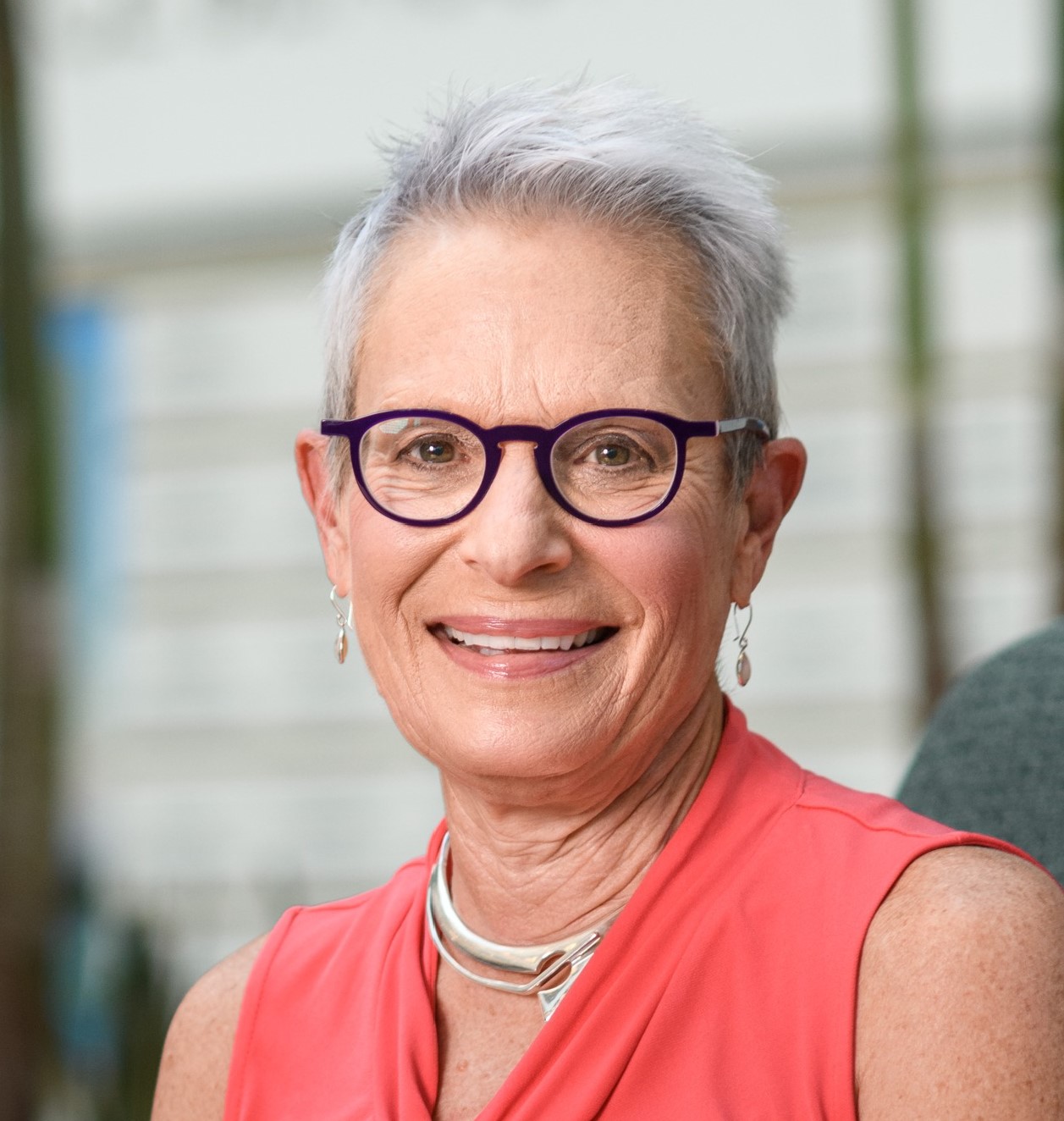Leslie Berg, PhD
Chair & Professor
Department of Immunology & Microbiology
University of Colorado Anschutz School of Medicine


T lymphocytes play a central role in protection against infectious diseases, in tissue damage caused during autoimmunity, and in the eradication of tumors. T cells develop their effector functions after their initial activation and differentiation in response to antigen stimulation. Multiple pathways contribute to the specific functions acquired by activated T cells, including T cell antigen receptor signals, costimulatory receptor signals and cytokine signals. Our lab focuses on understanding the T cell antigen receptor (TCR) signals that promote different outcomes following T cell activation. This process is particularly evident during T cell development in the thymus, where conventional CD4+ and CD8+ T cells receive weak TCR signals that promotes their maturation; in contrast, strong TCR signals lead to clonal deletion of self-reactive T cells, and intermediate signals promote the development of alternative T cell lineages, such as FoxP3+ regulatory T cells, iNKT cells, and CD8αα intra-epithelial lymphocytes. In peripheral recirculating CD8+ T cells, strong TCR stimulation leads to robustly proliferating cytotoxic T cell responses, whereas weak TCR stimulation promotes the development of memory T cells in responses to viral infections. We are interested in dissecting the TCR signaling pathways that are responsible for determining these distinct T cell fates.
Much of our work has focused on understanding the contribution of ITK to this process. ITK is a Tec family tyrosine kinase known to modulate ‘TCR signal strength’; biochemically, ITK phosphorylates and activates the enzyme phospholipase C-γ1. Using a combination of transcription factor activation assays, genomics assays, and protein expression analyses, we investigate the thresholds, kinetics, and magnitude of responses to variations in TCR signal strength. These studies have identified distinct modes of TCR downstream signaling responses and their ability to be modulated independently following TCR stimulation. These findings provide insight into how disparate gene expression patterns can be elicited within individual activated T cells, but determining how these gene expression patterns contribute to the differentiation of distinct T cell lineages and effector functions remains an ongoing effort in the lab.
To complement these molecular and biochemical signaling experiments, we use a variety of mouse models to examine T cell functions in vivo. We have used several viral infection systems to dissect the TCR signaling pathways and their contribution to the differentiation of effector T cells versus memory T cells. We have also examined the role of TCR signal strength on the development of tissue-infiltrating pathogenic autoreactive T cells in models of Type I diabetes and colitis. Our goal is to combine the top-down studies of T cell functions in responses to infections or autoimmunity with bottom-up approaches examining signaling pathways and their impact on gene expression programs to fully elucidate the impact of TCR signaling on T cell development and activation.
Leslie J. Berg, PhD, earned her Bachelor of Arts degree at Harvard University and her PhD at the University of California at Berkeley. Her PhD thesis work was performed with Michael Botchan, PhD, on the topic of bovine papilloma virus DNA replication. She then trained as a postdoctoral fellow with Mark M. Davis, PhD, at Stanford University School of Medicine. Dr. Berg joined the faculty at Harvard University in the Department of Molecular and Cellular Biology from 1990-1997, and then moved to the University of Massachusetts Medical School in 1998. In 2019, Dr. Berg moved to the University of Colorado-Anschutz School of Medicine, where she became the Chair of the Department of Immunology and Microbiology.
1980 Phi Beta Kappa, Harvard University
1980-1983 National Science Foundation Graduate Research Fellowship
1986-1987 Cancer Biology Postdoctoral Fellowship, Stanford University
1987-1990 Leukemia Society Postdoctoral Fellowship
1990-1994 Cancer Research Institute, Inc. Investigator Award
1993-1995 Harcourt General Charitable Foundation Young Investigator Award
2001 American Association of Immunologists/Pharmingen Investigator Award for Outstanding Contributions to the field of Immunology
2002 Outstanding Educator Award, Univ. Massachusetts Medical School
2002 The Medical Foundation’s Chestnut Hill Award for Excellence in Medical Research
2003 Educational Achievement “Star” Award, Univ. Massachusetts Medical School
2004 Women in Science and Health Achievement Award, Univ. Massachusetts Medical School
2006 Faculty Achievement Award for outstanding mentoring in the research setting, Univ. Massachusetts Medical School
2006 American Association of Immunologists Distinguished Service Award
2010 Dean’s Award: Lamar Soutter Award for Excellence in Medical Education, Univ. Massachusetts Medical School
2011-2012 President, American Association of Immunologists
2017 Educational Achievement “Star” Award, Univ. Massachusetts Medical School
2020 American Association of Immunologists Distinguished Fellow Award
CU Anschutz
Research I North
12800 East 19th Avenue
Mail Stop 8333
Aurora, CO 80045
303-724-4224